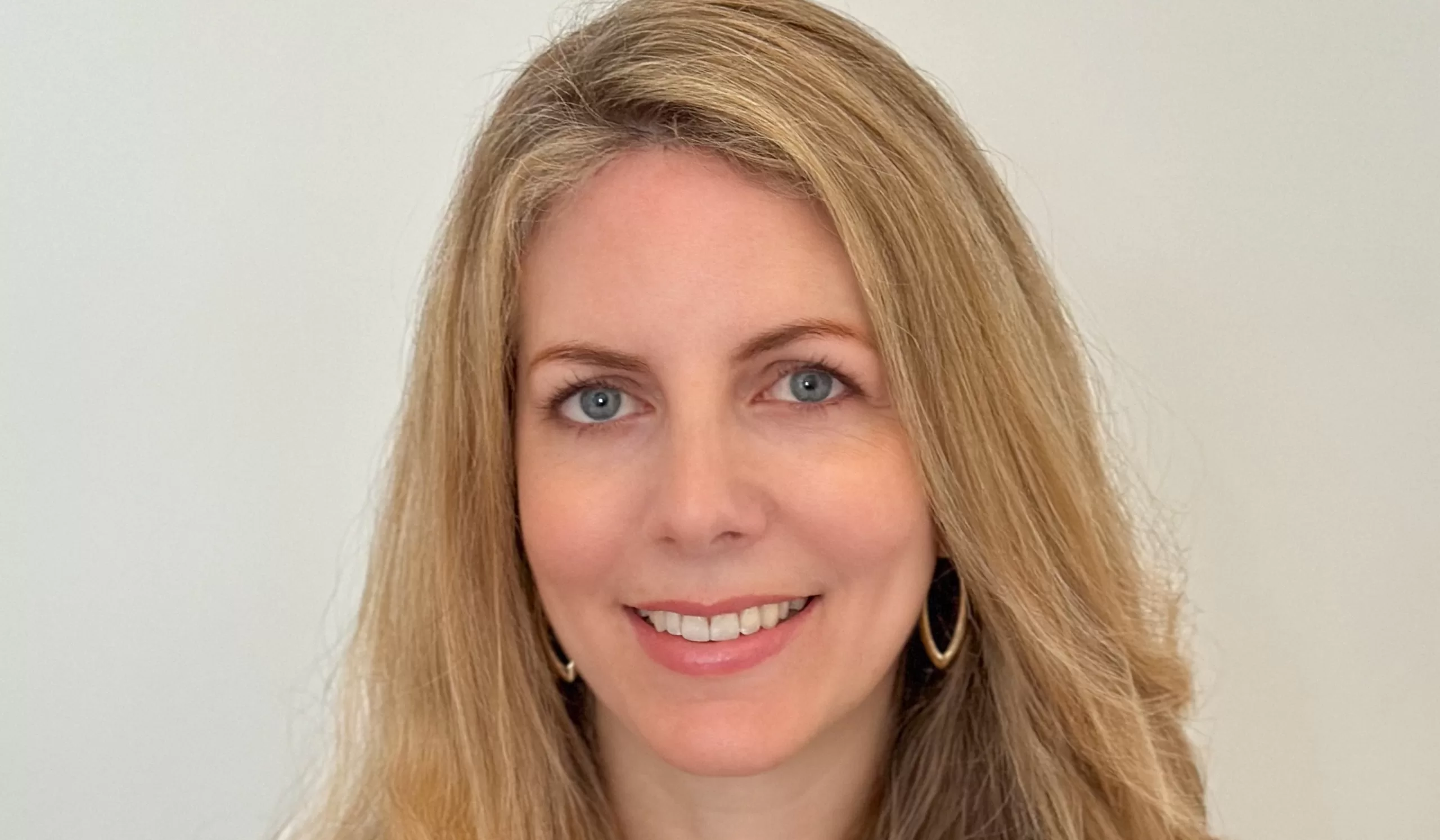After strong lobbying from senior Tory peers, two private members’ debating student societies from Oxford and Cambridge universities were exempted from the controversial counter-terror ban on extremist speakers. Even though the two societies are not students’ union bodies and are independent from their universities, the exemption is still problematic.
Educational institutions should be platforms where students can discuss and challenge so-called extremist ideologies. Limiting the discussion to members of two student societies is a threat to students’ freedom of expression. Secondly, this exemption reinforces the elitist system of both Oxford and Cambridge universities.
Universities and students’ unions should stand up against racism and fascism. They should stand up for the rights of students and they should stand up for democracy. If speakers with controversial ideologies are invited to visit universities, students and staff should be at the frontline of every event, listen to what the speakers have to say and, if needed, challenge their ideas.
In 1960, the Cambridge Union had a debate with wartime British fascist leader Sir Oswald Mosley. Throughout the famous debate, students spoke against fascist ideologies and stood up for democracy. Under the new counter-terror ban on extremist speakers, this debate would not have taken place.
Last week, the Liberal Democrats blocked the new laws intended to stop ‘extremist’ speakers from visiting UK universities. The legal guidelines drafted by the Home Office were scrapped after Nick Clegg vetoed the plan.
Even though the guidelines were scrapped, the Telegraph reported that Home Secretary Theresa May, has still urged academics to “play their part” in the prevention of radicalisation.
Radicalisation is a term often used by May, to describe what can happen to students if their universities don’t ban extremist speakers. However, the radicalisation of young people can happen everywhere, particularly online. Universities should be places where young people have the freedom to learn, debate and use their knowledge to challenge guest speakers.
The Home Office’s vetoed guidelines stated that academics and university staff should take responsibility for monitoring student debates. Let’s be clear: academics are not hired to control student’s discussions, they are hired to teach and to provide students with a safe platform where these discussions can happen.
If Cambridge and Oxford students can have an open discussion with extremist speakers, every student should be able to. Most students can’t afford £250 to join a private members’ debating society but that should not bar UK students from having a constructive debate on extremism.
Students who want to discuss and challenge extremist ideologies should be able to do so and students who don’t want extremists visiting their universities should be able to protest without punishment.
That’s the beauty of freedom of speech, right? Everyone gets a say, even the ones with extremist views. Censorship is never the solution and it will only worsen the problem.
What do you think? Does extremism have a place on campus? Tweet your thoughts to #IndexDrawtheLine
This article was posted on 30 March 2015 at indexoncensorship.org





